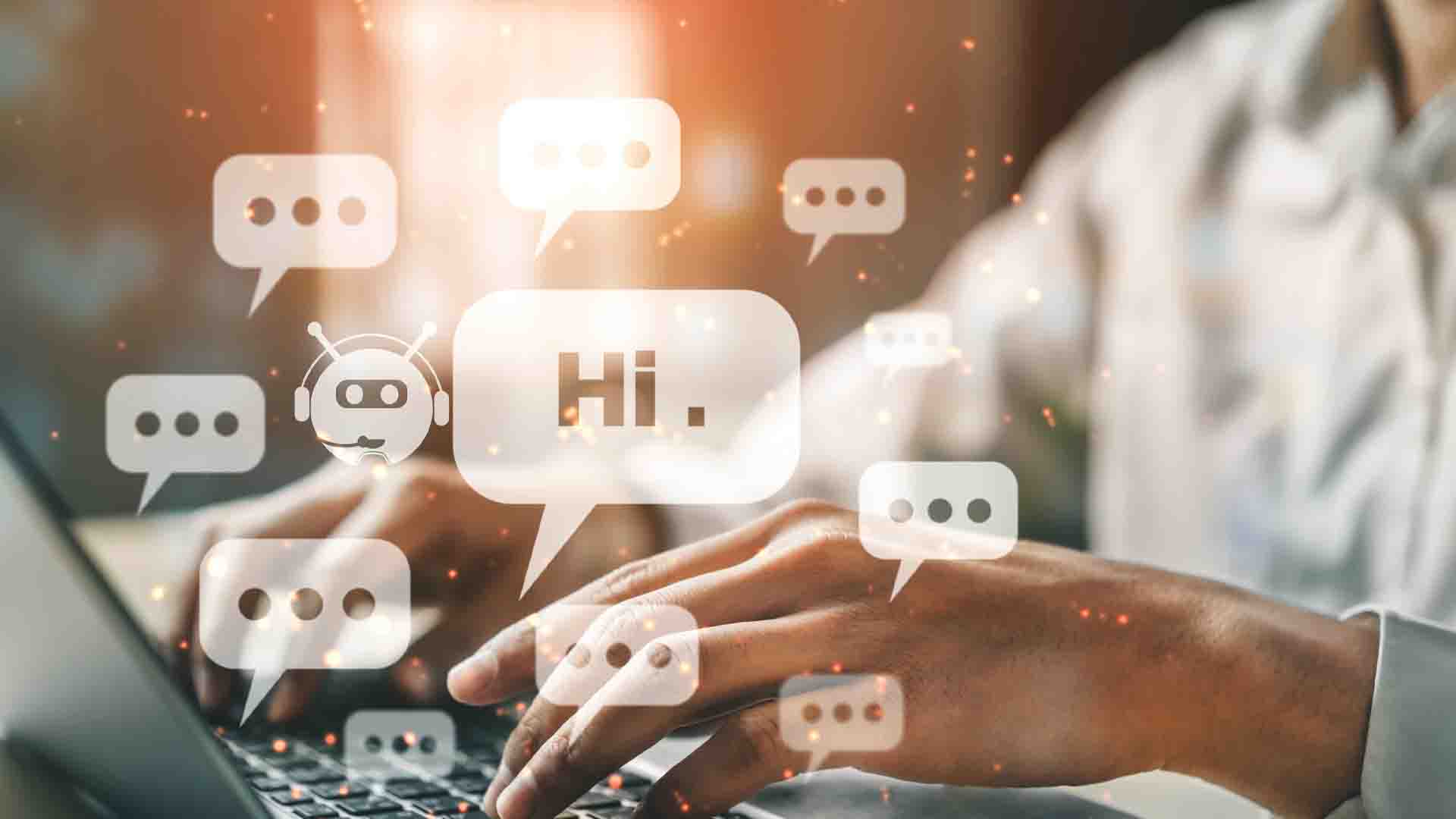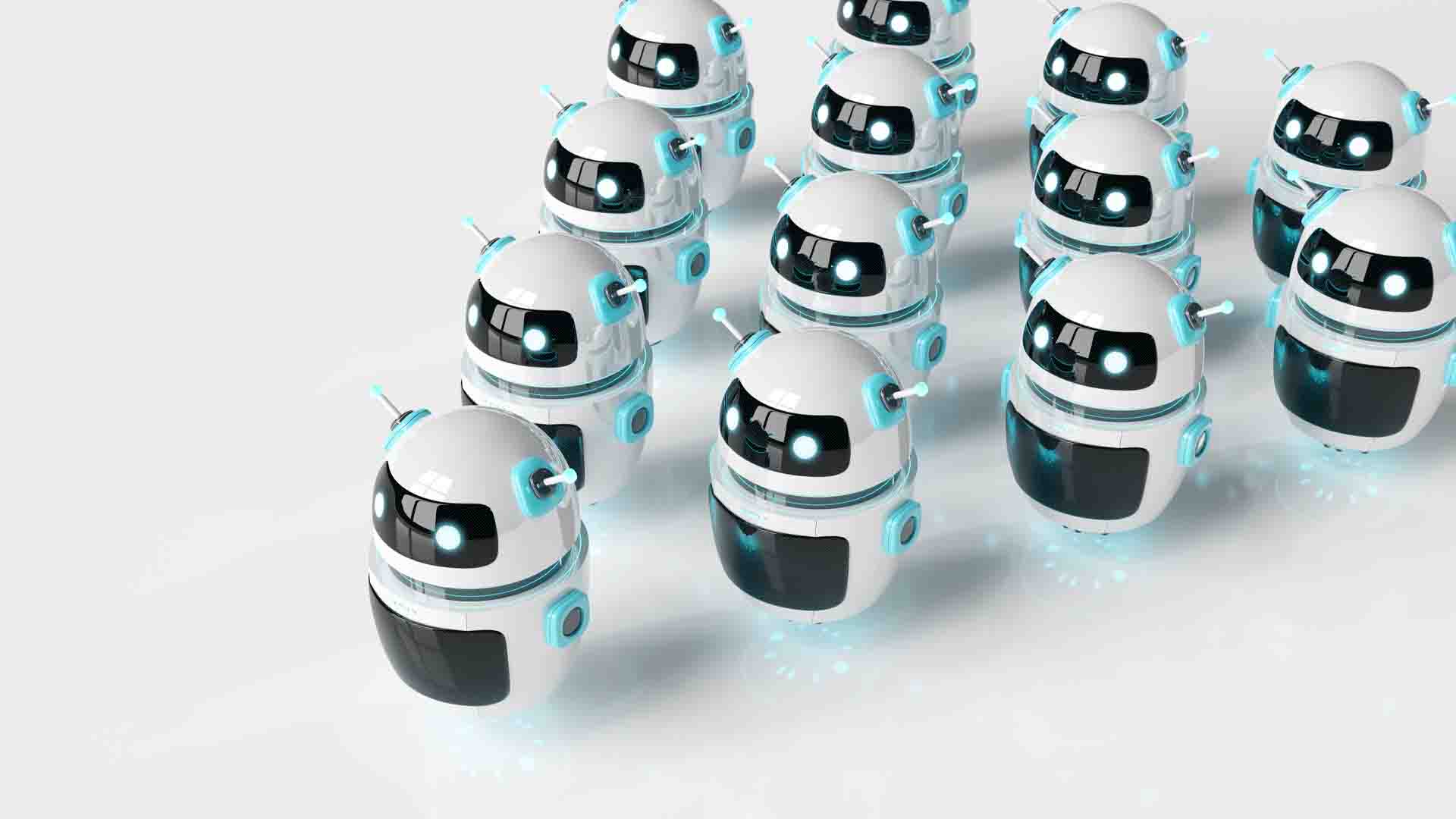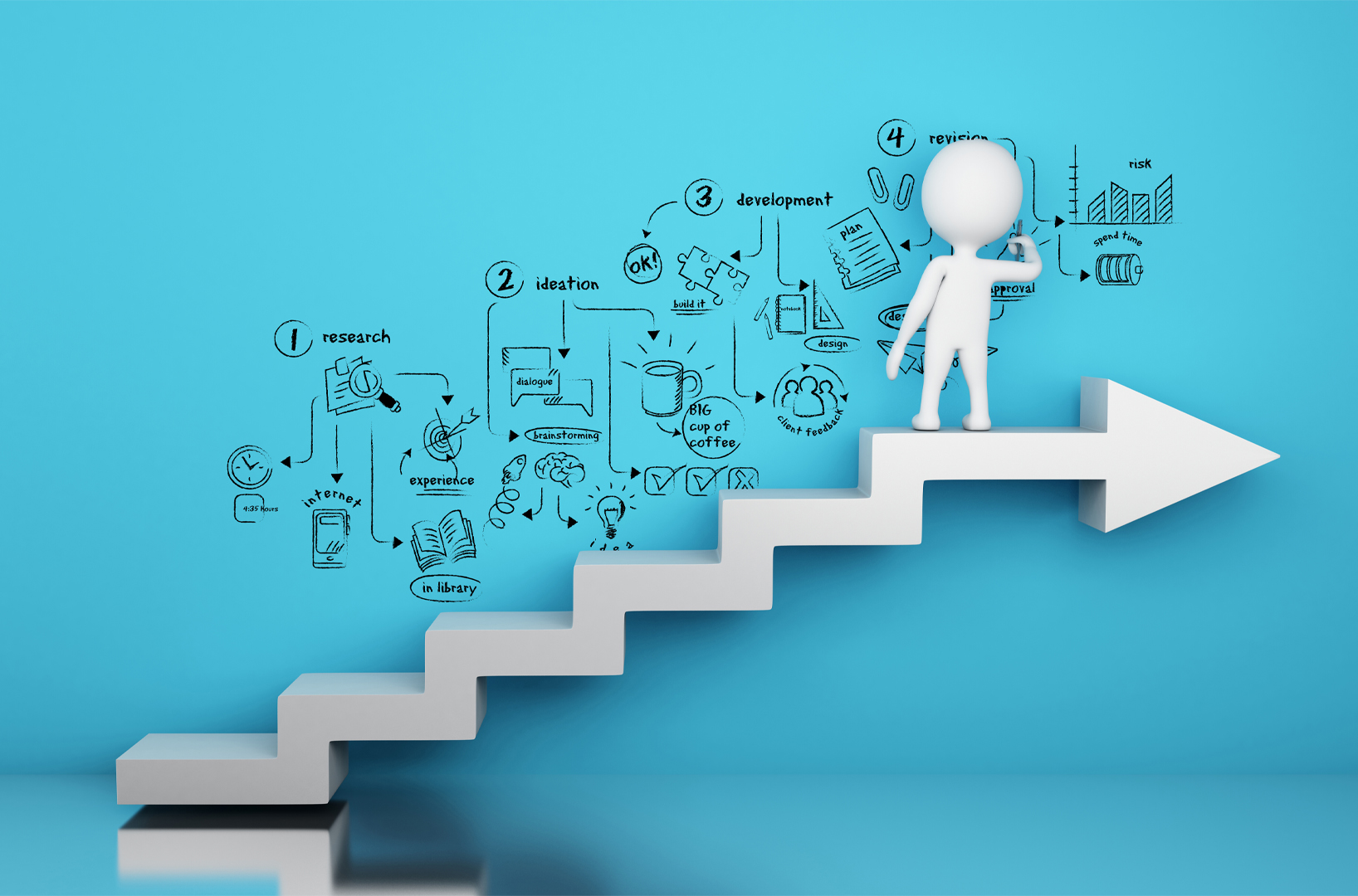Adoption of AI in marketing by businesses has grown by more than 270%, says Gartner. By 2027, the global AI market is expected to reach $267 billion, according to Fortune Business Insights, 2020. It is a ten-fold increase in eight years as the value of the AI market in 2019 was $27.23 billion.
Here’s why.
Table of Contents
How AI is helping marketing
1. Personalization

Sending the right content to your prospects based on his/her needs can make you win deals. Customers these days expect you to understand what they want and showcase that in front of you. AI and ML will help you deliver a relevant and personalized experience to your customers.
To provide such an experience, online retailers should gather data within seconds. AI and ML come together to send contextual content and offers to convert the leads into sales. According to Everstring, 71% of marketers are interested in AI for their marketing mainly because of personalization.
2. Competitor Insights

The importance of knowing what your competitors are doing cannot be discounted. Ever. Everything that your competitor does can either be a lesson or something that you need to adopt for your business. Some of the most successful companies in the world have always made it a point to learn from their competitors.
Market analysis will give you a multitude of ideas on what your competitors are working on.
3. Predictive marketing
AI has the ability to go through data to predict the what, why, where and how of a customer purchase.
Businesses can have better understanding of its customers as it uses text analysis, sentiment analysis and lead scoring based on a set of attributes to get it right. If a business can use the right channel to offer the right product to a customer, that too at a price they are looking for, you can safely expect the sale to happen seamlessly.
4. Chatbots
One in four customer service organizations are currently using AI-powered chatbots. Earlier customers or visitors used it to get information based on a variety of attributes. Thanks to AI-powered chatbots, the systems learn on their own. So, with each passing interaction, the system is getting smarter and its responses become more accurate. Chatbots are already a huge part of our lives in the form of Siri, Alexa, Cortana, Google Assistant.
Chatbots are revolutionizing businesses and industries by improving customer service, adding charm to your brand, answering queries, helping them choose the right products based on their recommendations and so on.
5. Sales forecasting

Sales teams that leverage AI are ten times more likely to experience better forecasting and possess an accurate sales pipeline, according to Salesforce. Manufacturing and retail companies will run into huge losses if they either produce more than what is required or less than what is necessary.
AI and ML will analyze the past opportunities, sales, successes, misses, percentage of wins and so on to forecast the sales. Based on the forecasting, the business can plan accordingly.
6. Behavioral analysis
Retailers must offer products based on analyzing and understanding the purchasing habits of their customers.
Mere personalization is not enough, customers are looking for individualized interactions. It implies an offer that is exclusive for the customer and not just because they are a part of a customer segment. Fortunately, there is an AI system that can make it happen.
AI/ML analytics tools will tell us estimated transaction value, probability of someone making a purchase, their affinity towards our brand and so on. Based on a report by Salesforce, more than 62% of customers are willing to allow AI to improve their user experience.
7. Lead generation
With the help of your existing data, AI system will show you a list of leads that are closest to becoming your customers, leads with the highest score looking for a solution similar to yours. Your salespeople are better equipped to provide the right solution to the right people at the right time.
8. Audience targeting
The ads you target your audience with matters. You cannot expect impressive results if your targeting is off the charts. Platforms like Facebook, Google, Quora, Reddit, Instagram, Snapchat, and so on have oodles of data that can be used to segment customers with ease. Businesses cannot do it manually.
AI examines your past audiences, how your ads performed for that set of audiences, and so on. It considers the KPIs you use and your performance data to arrive at audiences who are more likely to buy from you.
9. Product design
AI systems can test the product or features, just like how an actual user would. This exercise helps in finding bugs in the system, something which even the product manager or a quality tester would have missed. If an AI system is armed with data about how users use a particular product, it will even be able to suggest to the team how it can build better product designs. AI systems can even go through the proposed user flow and determine if a user will complete the desired action or not. For instance, manufacturing companies save millions of dollars in terms of research and development with AI.
10. Customer support

Machine Learning and Natural Language Processing help customer support to multitask and handle multiple queries with a speed and accuracy that humans cannot.
By using data, AI can support customer service in 8 ways.
- Understand the customer from the information collected
- Identify the issues that they are facing
- Analyze their behavior patterns
- Find out their decisions and preferences
- Create suitable solutions and products
- Respond to messages
- Offer personalized products and discounts
- Minimize the cart abandonment volume
Challenges for AI in marketing
Even though AI-powered platforms are becoming more common than one would think, there are still some challenges of using AI in marketing.
1. Lack of sufficient infrastructure
For AI to power your marketing, make sure that there is an IT infrastructure with high-performing hardware which is already in place. Smaller companies that have a low budget might find it difficult to set up such an infrastructure. Not to mention, there are now cloud-based solutions available which use less resources and are quite economical.
2. Lack of sufficient data
The data that an AI system requires should be of high-quality. If the data is not of high quality, then the success of the AI project will be low because the data is not reliable.
3. Insufficient budget
Having martech tools can add a lot to your budget. The leadership team should be persuaded with details including highly relevant business data and forecasting to prove how effective AI can be for your marketing.
4. Lack of skilled professionals
AI talent is not growing as fast as other technology positions since it requires specialized skill sets. Even businesses that use readymade AI marketing tools should sufficiently train their employees to manage and interpret the results accurately.
These are some of the challenges that businesses need to consider before jumping into the ‘AI in marketing’ bandwagon, but keep in mind the results from AI systems in your marketing is going to be exponential.
Trends and technologies
Marketing is ever-evolving and dynamic. What was relevant two or three years back maybe something that no one uses anymore.
Let’s highlight the latest trends in marketing.
1. Voice assistance
The number of AI-powered voice assistants is forecast to reach 8 billion by 2023. AI-based voice assistants will save time for the customer from typing long-form queries, offer fast solutions, improve sales, expand brand value and improve customer retention. 43% of owners of voice-assisted devices (ages between 45 and 60) in the US currently use them to purchase items online.
2. AI content
AI in marketing also helps immensely with strategizing content, all of which helps with increasing traffic and placement on top of the search engine results.
3. Personalized recommendations
One of the most popular use cases of artificial intelligence is its ability to recommend products based on previous data. It can create personal recommendations for each of them. With customers becoming demanding, personalizing your offerings will set your business up for success.
4. Hyper-segmentation
AI equips marketers to process massive amounts of data. ML algorithms can read tones of data, learn more about your audience, create connections between each data point and create hyper-focused and highly segmented groups.
5. Persona research
AI-powered software can build personas that go beyond the typical characteristics that are listed in a buyer. Thoroughly analyzing each piece of data, you can create extremely targeted personas. They can be then used as super targeted audience segments for personalized offerings.
Lead qualification, lead scoring, micro moments, targeted timing, innovative predictive analytics and so on are some of the other use cases.
Getting started with AI in marketing
Before you get started, you need to know what exactly you want. You need to have a clear idea of your strategic objectives and understand how AI can help you. If there are AI solutions that are already available based on your requirements, then choose them. Does your requirement need a custom AI-solution? Then you need to discuss with different vendors to understand if it is something that you can afford and what is the opportunity cost of not doing so.
[mailerlite_form form_id=1]






















